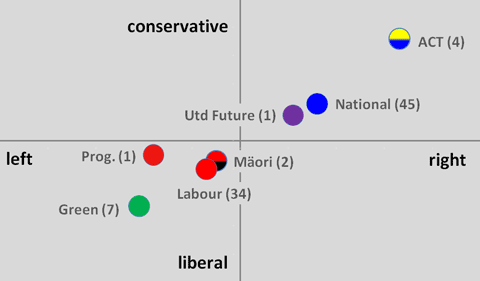 The release of another batch of emails from the stash stolen a couple of years ago from the Climatic Research Unit at the University of East Anglia may not have gained much attention in global media, but there has been a great deal of huffing and puffing at sceptic blogs such as µWatts and Climate Audit. Watts trumpets this news, for example:
The release of another batch of emails from the stash stolen a couple of years ago from the Climatic Research Unit at the University of East Anglia may not have gained much attention in global media, but there has been a great deal of huffing and puffing at sceptic blogs such as µWatts and Climate Audit. Watts trumpets this news, for example:
BOMBSHELL An absolutely disgusting string of communications that shows the tribal attempt at getting an editor of a journal fired on made up issues – all because he allowed a publication that didn’t agree with “the Team”. This is ugly, disturbing, and wrong on every level.
Introducing a post copied from a New Zealand sceptic blog, given the headline The tribalistic corruption of peer review – the Chris de Freitas incident — Watts adds:
This is outright malicious interference with the scientific process, and it’s damned ugly. I can’t imagine anyone involved in professional science who could stand idly by and not condemn this.
Unfortunately for Watts and the anonymous (and low profile) NZ blogger who wrote the article, a new analysis by John Mashey of 700+ papers published at Climate Research reveals that the tribalism on display came from a cabal of sceptical scientists, with Auckland University academic Chris de Freitas safely shepherding their papers — however poor the science they contained — through peer pal review.
Continue reading “Put it there pal: the real story of Chris de Freitas and Climate Research”

 Auckland University
Auckland University 
